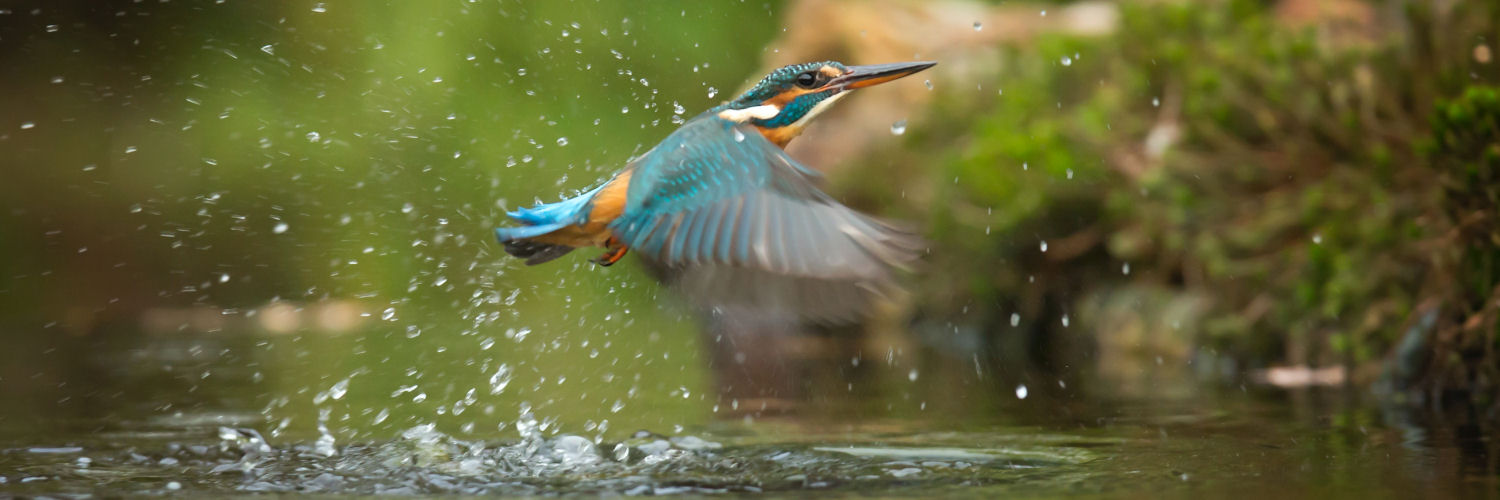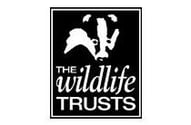
Dom Higgins, Head of Health and Education at The Wildlife Trusts.
Today, we are facing two inextricably linked crises; the climate emergency and the steady decline of nature. The climate crisis is driving nature’s decline; the loss of wildlife and habitats leaves us ill-equipped to reduce our emissions and adapt to change. Nature’s incredible ability to trap carbon safely and provide other important benefits is proven. But nature in the UK is in a sorry state and important habitats are damaged and declining. We cannot solve one crisis without tackling the other – nature’s recovery is vital for tackling climate change.
You would think that means we put nature first; that governments, institutions and businesses act and make decisions that prioritise nature’s recovery and preservation. But this does not happen. Our relationship with the natural world is in trouble, we are overseeing the destruction of our life-support system.
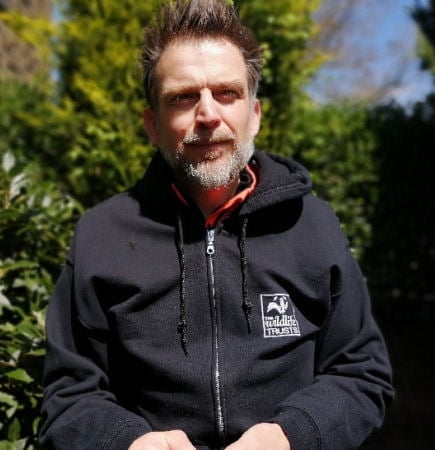
Recently, Cambridge OCR launched a consultation in response to the call for developing a GCSE in Natural History. This is on the back of a campaign led by naturalist Mary Colwell, who has long been concerned about the lack of nature and natural history in Curriculum content and the associated learning opportunities about our natural world. The Wildlife Trusts support the development of a Natural History GCSE, and a thorough consultation process that brings evidence, diverse views, opinions and experiences.
People’s personal connection to nature is declining as it becomes a less frequent and significant part of our daily lives. So we also have a ‘disconnection’ crisis; we do not feel that we are part of the natural world, and are not able to appreciate all it might offer. The result is inaction and a lack of empathy for the plight of wildlife and their precious habitats.
Yet – it is not too late to tackle climate change, biodiversity loss and our disconnection from nature. We need an education system that creates curious, passionate and expert young people who will look after the natural world and sustain both the benefits it provides – and for its own intrinsic value. In other words, we need the naturalists of the future.
A health crisis and a natural solution
A thriving, wildlife-rich environment also benefits our physical and mental health. People with nature and green spaces on their doorstep are more active, have greater mental resilience, are able to take informed risks being outside and have better all-round health. At the same time, the need for wildlife and wild places in people’s lives is increasing, to help us stay well and recover from illness – particularly when it comes to mental health and illnesses associated with obesity or loneliness.
Evidence shows that spending time in the natural environment improves our mental well-being and physical health, saving scarce NHS resources. In 2009, Natural England estimated that £2.1 billion would be saved annually through averted health costs if everyone in England had equal access to green space.
So how is our education system relevant to this, and, what will the formal study of a GCSE in Natural History bring about?
 Well, a vital component of studying and understanding the natural world is, of course, getting outside and up close with the plants, trees, soils and the amazing wildlife that inhabits them.
Well, a vital component of studying and understanding the natural world is, of course, getting outside and up close with the plants, trees, soils and the amazing wildlife that inhabits them.
Learning in and about nature must be part of the journey that leads to children choosing a natural history GCSE – and this means transforming the way we educate our young children – throughout their learning, whatever the setting.
In addition to this, a programme of ‘greening’ and ‘blueing’; the wider curriculum is being considered by Cambridge OCR alongside the development of the GCSE. This could include reviewing existing qualifications, to explore the potential for topics relevant to the natural world, greening the content of vocational and technical qualifications and the creation of new subjects with aspects of environmentalism at their core.
In 2019 The Wildlife Trusts published research by the Institute of Education at UCL to evaluate the impact that experiencing nature has upon children. The study focused on over 450 primary school children and the effects of Wildlife Trust-led activities on their wellbeing. This is one of the largest studies into the effects of outdoor activities on children’s wellbeing and views about nature.
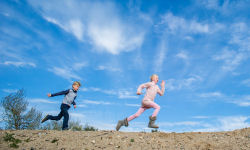 Overall, the research revealed that children’s wellbeing increased after they had spent time connecting with nature: the children showed an increase in their personal wellbeing and health over time, and they showed an increase in nature connection and demonstrated high levels of enjoyment. The children also gained educational benefits as well as wider personal and social benefits:
Overall, the research revealed that children’s wellbeing increased after they had spent time connecting with nature: the children showed an increase in their personal wellbeing and health over time, and they showed an increase in nature connection and demonstrated high levels of enjoyment. The children also gained educational benefits as well as wider personal and social benefits:
- 90% of children felt they learned something new about the natural world
- 79% felt that their experience could help their schoolwork
- After their activities 84% of children felt that they were capable of doing new things when they tried
- 79% of children reported feeling more confident in themselves
- 81% agreed that they had better relationships with their teachers
- 79% reported better relationships with their classmates
This research shows that children experience profound and diverse benefits through regular contact with nature. Contact with the wild improves children’s wellbeing, motivation and confidence. The data also highlights how children’s experiences in and around the natural world led to better relationships with their teachers and classmates.
The Wildlife Trusts believe everyone should have the opportunity to experience the joy of wildlife in daily life – so in addition to the introduction of a Natural History GCSE, we’re calling on government to recognise the multiple benefits of nature for children – and ensure that at least one hour per school day is spent outdoors learning and playing in wild places. Each generation has less contact with the outdoors than the preceding one. We owe it to all young people to reverse this trend – for their sakes, for our sakes and for nature’s sake.
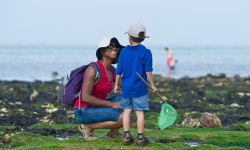 Outside the world of education, our health system is changing – particularly in light of the Coronavirus pandemic. As a society, we are beginning to value and fund a natural approach to health; it is cost-effective, it works, and it could play a significant role in the prevention and treatment of illnesses. The NHS is starting to invest in social and nature prescribing, recognising the improvement that can be made to mental health, by alleviating stress and anxiety and counterbalancing social isolation.
Outside the world of education, our health system is changing – particularly in light of the Coronavirus pandemic. As a society, we are beginning to value and fund a natural approach to health; it is cost-effective, it works, and it could play a significant role in the prevention and treatment of illnesses. The NHS is starting to invest in social and nature prescribing, recognising the improvement that can be made to mental health, by alleviating stress and anxiety and counterbalancing social isolation.
It is therefore fundamentally important that future political and economic decisions are based on a good understanding of, and empathy with the natural world. If we are to meet head on the threats we face from climate change, biodiversity loss and ill health, we need an education system that recognises this – and prepares for the future. A Natural History GCSE, and all the building blocks that go before and after is a vital part of facing these challenges.
Further Information: Wildlife Trusts - nature for wellbeing ; Twitter LinkedIn Facebook
Keep up to date with our proposed GCSE in Natural History and other Cambridge OCR Natural History news by signing up our email newsletter and updates. You can read back issues of our Natural History newsletter here.
